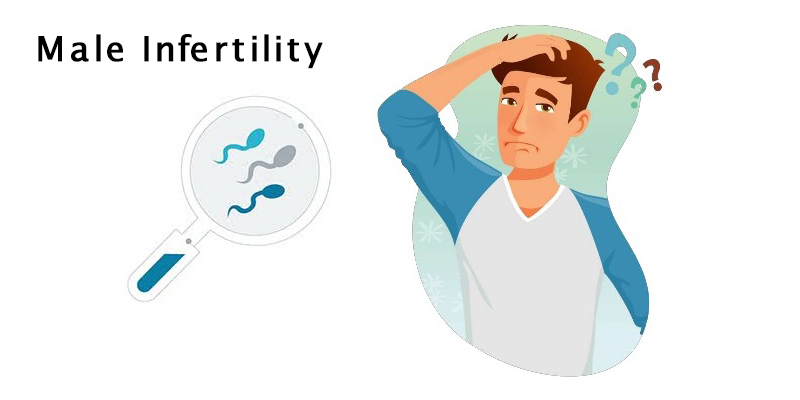Introduction: When we talk about infertility, the focus often gravitates towards female factors, leaving male infertility in the shadows. However, male infertility is a prevalent issue that affects millions of couples worldwide. In this blog, we’ll shine a light on male infertility, exploring its causes, impact, and available treatments, while also encouraging open conversations to break the stigma surrounding this often-overlooked issue.
Understanding Male Infertility: Male infertility refers to the inability of a man to cause pregnancy in a fertile female partner after one year of unprotected intercourse. While it’s a common misconception that infertility is solely a female problem, research indicates that male factors contribute to approximately 40-50% of all infertility cases.
Causes of Male Infertility: Several factors can contribute to male infertility, including:
- Low sperm count (oligospermia)
- Poor sperm motility (asthenospermia)
- Abnormal sperm morphology (teratospermia)
- Blockages in the reproductive tract
- Hormonal imbalances
- Genetic disorders
- Lifestyle factors such as smoking, excessive alcohol consumption, drug use, obesity, and exposure to environmental toxins
The Impact of Male Infertility: Male infertility can have profound emotional, psychological, and social consequences for individuals and couples. The inability to conceive can lead to feelings of guilt, shame, inadequacy, and depression, straining relationships and affecting overall well-being. Moreover, societal expectations and cultural norms surrounding masculinity can exacerbate the stigma associated with male infertility, further hindering open communication and seeking help.
Encouraging Open Conversations: Breaking the silence surrounding male infertility is crucial in fostering understanding, empathy, and support. By encouraging open conversations, we can dismantle the stigma and create a supportive environment where individuals feel empowered to seek help and explore treatment options. Partners should communicate openly and compassionately about their fertility journey, acknowledging the shared responsibility and supporting each other through challenges.
Seeking Diagnosis and Treatment: If you suspect male infertility, seeking a comprehensive evaluation by a reproductive specialist is the first step towards diagnosis and treatment. A thorough medical history, physical examination, and semen analysis are typically conducted to assess sperm quality and quantity. Depending on the underlying cause, treatment options may include:
- Lifestyle modifications: Adopting a healthy lifestyle, including regular exercise, a balanced diet, and avoiding harmful substances, can improve sperm quality and fertility.
- Medications: Hormonal treatments or medications to address underlying conditions such as infections or varicoceles may be prescribed.
- Assisted reproductive techniques: In cases of severe male infertility, assisted reproductive techniques such as Intrauterine Insemination (IUI) or In Vitro Fertilization (IVF) with Intracytoplasmic Sperm Injection (ICSI) may be recommended to achieve pregnancy.
Supportive Resources: It’s essential for individuals and couples dealing with male infertility to seek support from healthcare professionals, fertility support groups, and online communities. Counseling and therapy can also provide valuable emotional support and coping strategies to navigate the challenges of infertility.
Conclusion: Male infertility is a significant reproductive health issue that warrants attention, understanding, and support. By fostering open conversations, seeking diagnosis and treatment, and providing compassionate support, we can empower individuals and couples on their journey towards parenthood. Let’s break the silence, challenge the stigma, and create a more inclusive and supportive environment for all those affected by male infertility.

